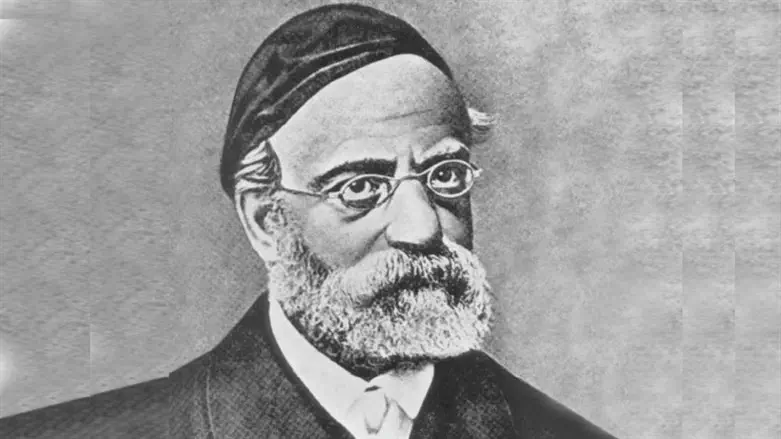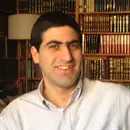
“It’s just my nature.”
That’s what some people say to excuse something they’ve said or done. The unstated assumption of this defense is that what’s natural is good.
But this assumption is false. Many people gossip and bad-mouth their fellow man. If a Jew, however, engages in this most “natural” behavior, he might contract tzaraas and be forced to leave all three camps of Jewish society (unlike Jews with other forms of impurity who must only leave the innermost camp, the machaneh Shechinah).
How does such a Jew – a metzora – regain entry into Jewish society? In part, through the slaughtering of a dror bird which, according to the Gemara, “does not submit to any control” and “lives in the house with the same free wildness of the outdoor fields.” This bird’s “unconscious, untrammeled nature, simply following its instincts…stands in opposition to the foundation on which human society is built,” writes Rav Samson Raphael Hirsch. It must therefore be slaughtered. The “wild untrammeled animal life” must be brought “under the sharp control of the morally strong human will.”
Only then – once the metzora learns the importance of mastering his natural impulse to badmouth others – can he reenter Jewish society.
But he must learn another lesson as well. He must learn to care about others. A man who tells lashon hara undermines social harmony. As the Gemara (Arachin 16b) says, “He cause[s] separation between man and wife, between friends and friend.” How do we teach such a man to care about his neighbor and not just himself? In part, by shaving him bare. Hair, Rav Hirsch suggests, is “an isolating material.” It protects and separates a person’s skin from the outside world (the skin being the medium through which man receives impressions of anything beyond him). “To completely strip a body of all hair [is] to expose it naked to all the influences of the outer world” and thus “well suited to awaken thoughts [in the metzora] of removing isolating selfishness.”
Only one other place in the Torah are people shaven from head to toe. In Numbers 8:7, G-d tells Moshe to prepare the Levi’im for their special duties by passing a razor over their entire bodies. Why? Because G-d wished to impress upon the Levi’im the nature of their new role as “public servants.” He wished to lead them “out of the individuality of living their own lives by themselves into living for the community,” Rav Hirsch writes. And so He asked them to remove their hair, a symbolic barrier between them and the rest of the Jewish people whom they were henceforth to serve.
Rav Samson Raphael Hirsch (1808-1888) – head of the Jewish community in Frankfurt, Germany for over 35 years – was a prolific writer whose ideas, passion, and brilliance helped save German Jewry from the onslaught of modernity.
Elliot Resnick, PhD, is the host of “The Elliot Resnick Show” and the editor of “The Rav Samson Raphael Hirsch Dictionary.”
...
